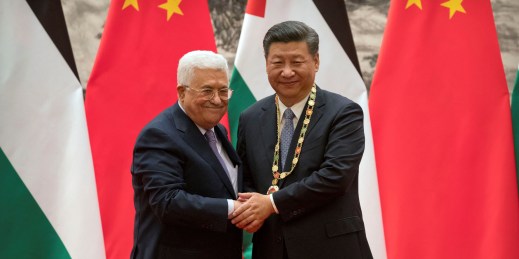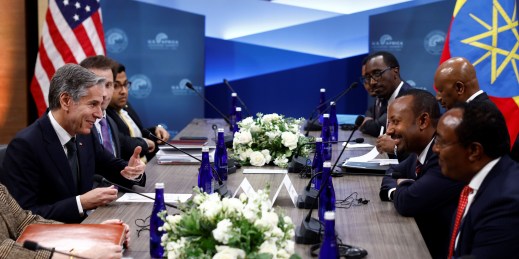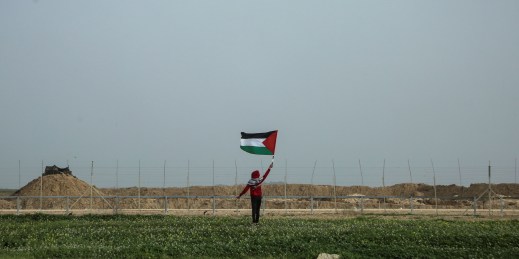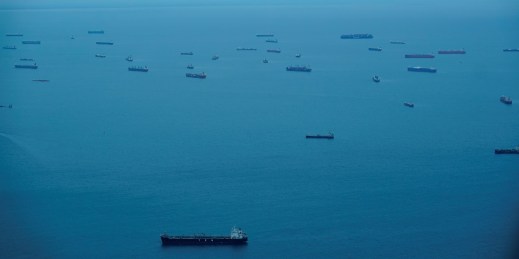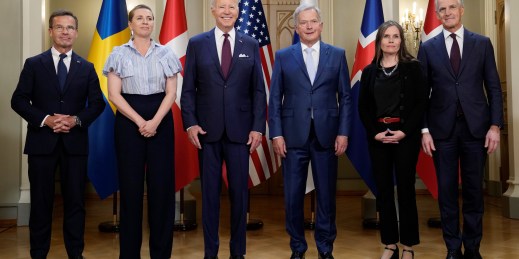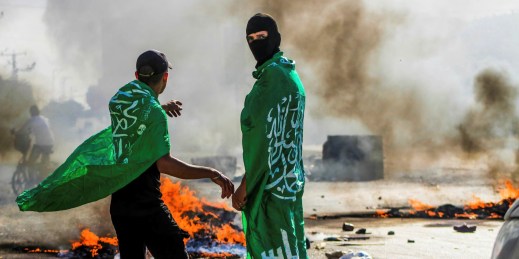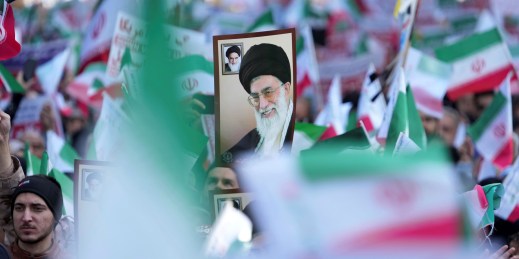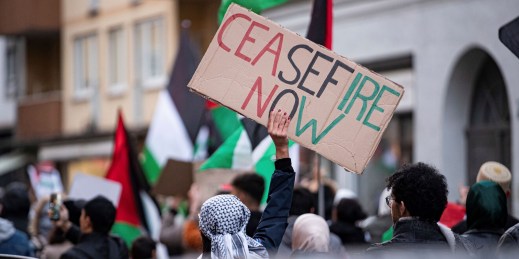
For those concerned with the bottom-line humanitarian outcomes in Gaza, is a cease-fire ultimately the best way forward? The reality is that cease-fires often fail and for the most part have limited and at times even adverse impacts. There are, however, certain circumstances when cease-fires can make a difference.

